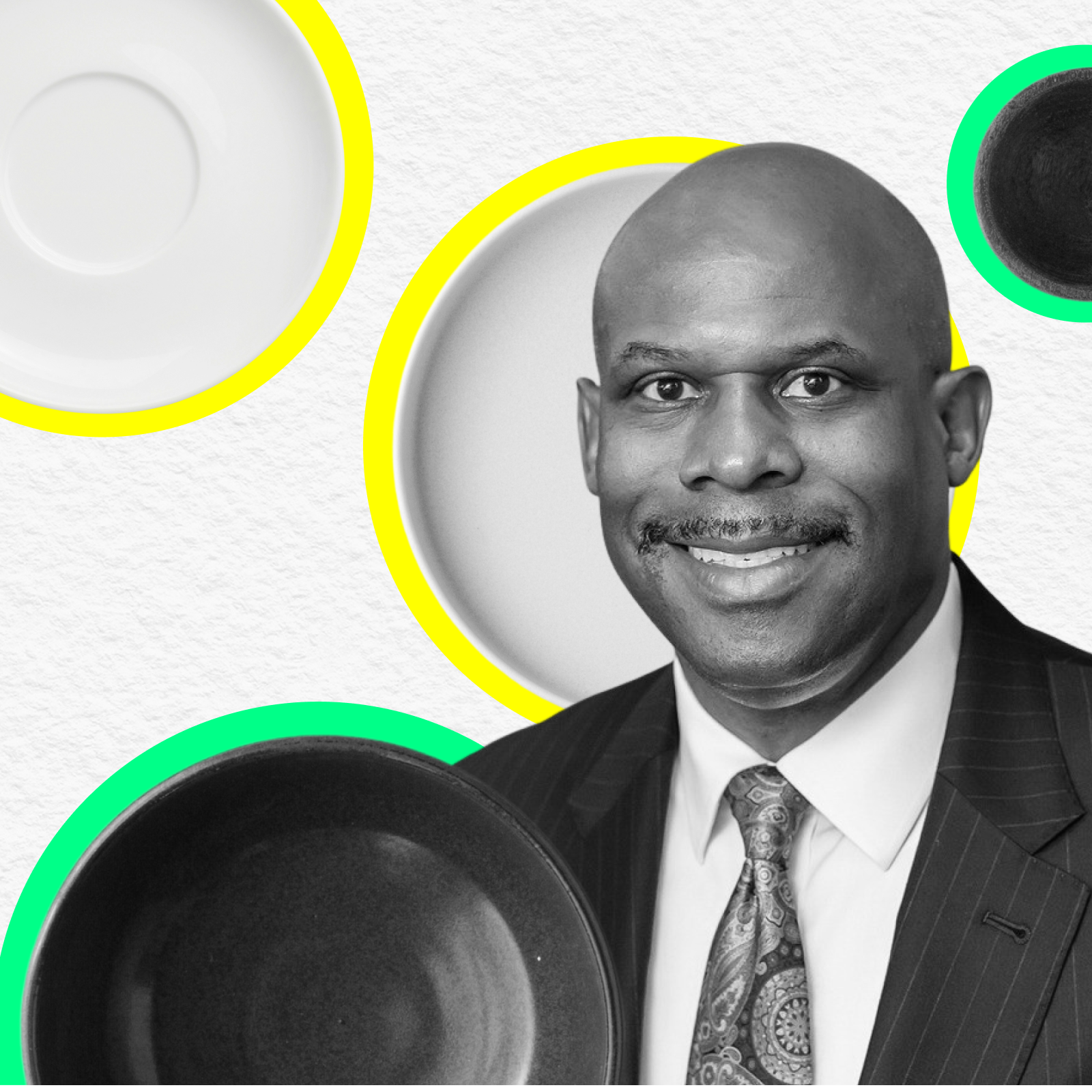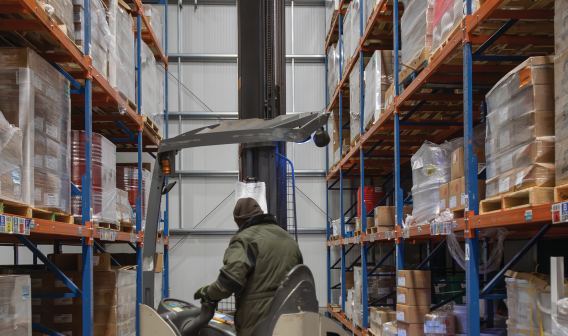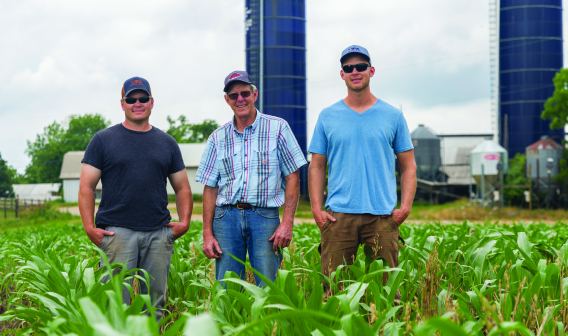
Warren M. Thompson is founder, president, and chairman of Thompson Hospitality Corporation, one of the largest contract food service and facilities management companies in the United States, with a portfolio of more than 65 restaurants across 17 different brands. Thompson, a first-generation college graduate, continues to support education and local communities through his company’s scholarships, sponsorships, and charitable donations, which have totaled more than $8 million since 2019.
VEDP: Tell us a bit about Warren Thompson. What do you want readers to know about you?
Warren Thompson: I’m a Virginian, born and bred. I was raised in a small town called Windsor in the southeast part of the state, went to undergrad at Hampden-Sydney College, then grad school at the University of Virginia. Virginia has been my home all of my life, for the most part. I did live in Maryland shortly, and New Jersey for a brief time, but moved back to Virginia in 1989 in my last assignment with Marriott. I was allowed to pick anywhere on the East Coast to locate an office running Marriott’s East Coast airport restaurants. I chose Reston, Va., because the vibrance of a planned community, I thought, would be just a great place to live and work.
VEDP: You’ve always had an entrepreneurial spirit, even as a teenager. What motivates you in your career?
Thompson: I was so fortunate to have a strong family upbringing. My father and I were business partners early on, and best friends. My mother was always there to support. But my father told me this story many times as a kid about my great-great-grandfather, Cleve Thompson, who was born a slave, lived about 30 years as a slave, then became a free person. He used the skills he learned in slavery to start a blacksmith business and was very successful. People from around the region would bring their horses to him for work, and my father would tell me that if he could do it coming out of slavery, then I would not have any excuse for not being able to start a business.
I had the same blueprint. I was going to, after grad school, work for Marriott. At the age of 30, I was going to leave and start my own company. So, when I went to Marriott, I told them I would give them seven years. I actually gave them nine, then structured a deal to buy their 31 Big Boy restaurants, and that’s how we started Thompson Hospitality.
VEDP: Your parents were both educators. What example did they provide for you?
Thompson: We had segregated schools until I was in the fifth grade. Both my parents taught in that school. My father taught algebra and math, and my mother taught home economics. My older brother was two and a half years older, and all four of us would get in a car every morning and go to school together. I was in first grade and he was in third grade. So, there couldn’t have been a better foundation supporting education than the whole family going to the same school. At the end of the day, I would go to my father’s class, where he might tutor kids in math, or my mother’s class, where she might tutor someone in cooking or home economics.
I got exposed to cooking and food at a very early age, and math, and I became pretty good at both. Then, on the weekends, we raised hogs. We would work on the hogs or the vegetables on Saturdays, and on Sunday, we’d all go to church together. It was a seven-day-a-week family doing things together. I think that gave me the foundation for what I do today, as a company and with my family.
My parents didn’t give me a silver spoon, but something far better. They taught me the principles of hard work, the importance of education and family, and giving back to the community. So, I feel that I was very, very wealthy in those areas that really make a difference.






